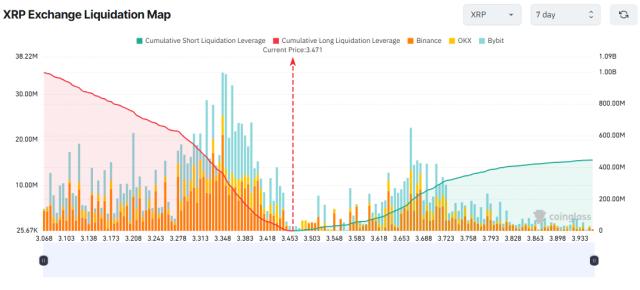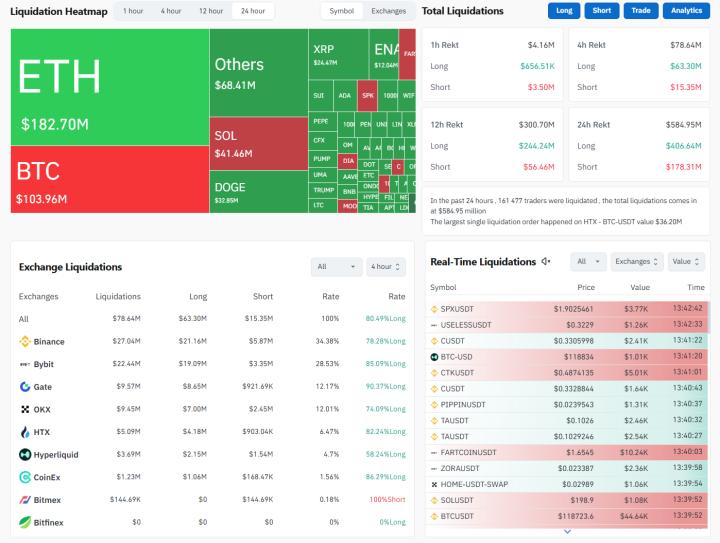Facing stablecoins becoming the focus of global financial regulators, the UK chooses a cautious approach, emphasizing financial sovereignty, while the US embraces innovation and seeks to expand the global influence of the US dollar. This policy tug-of-war surrounding the trend of monetary digitization simultaneously affects the future direction of monetary sovereignty, regulatory frameworks, and financial order.
Table of Contents
ToggleBank of England Raises Red Flag: Opposing Stablecoins, CBDC, and Bitcoin
Bank of England Governor Andrew Bailey recently expressed condemnation of crypto assets threatening financial stability in an interview with the UK's Times. He openly warned: "If private banks are allowed to issue stablecoins, it will pose systemic risks to the financial system."
Digital assets could potentially undermine the government's control over monetary policy, thereby threatening national sovereignty. I instead recommend that traditional banks explore "deposit tokenization" and consider how to digitize our currency for payment purposes, which is a safer alternative.
Moreover, he advocated for the UK to maintain a cautious attitude, not only opposing the promotion of central bank digital currency (CBDC) but also warning investors against buying Bitcoin: "It is not money, and does not have the functions of money. If you want to buy it, please keep your eyes wide open."
As the new chairman of the Financial Stability Board (FSB), Bailey's stance could potentially influence the global regulatory trend for stablecoins, limiting the potential tolerance for stablecoins in Europe in the future.
US Government Pushing Forward: Stablecoins Making US Dollar Hegemony Great Again
In stark contrast to the UK's conservative attitude, the Trump administration viewed stablecoins as a policy tool to expand US dollar influence. US Treasury Secretary Scott Bessent previously stated: "Stablecoins not only help maintain the US dollar's status as a global reserve currency but can also help US debt assets reach global markets, alleviating inflationary pressures."
Additionally, Federal Reserve Chair Jerome Powell has also publicly stated support for establishing a clear stablecoin regulatory system, paving the way for this trend.
By issuing stablecoins backed by US Treasury bonds or cash equivalents, including the two existing giants USDT and USDC, the government can "chain" US financial assets and attract global users with mobile phones and crypto wallets to participate in the US dollar system.
European Stablecoin Concerns and Innovation Coexist: Worried About US Dollar Stablecoins Replacing the Euro
Facing the US's massive push for stablecoins, European countries have divergent attitudes. The Italian Finance Minister warned that US dollar stablecoins could replace the euro in cross-border payments and reserve assets. On the other hand, one of France's banking giants, Société Générale, has actively issued its own US dollar stablecoin on Ethereum to enhance settlement efficiency for institutional users.
Similar concerns have been fermenting in the crypto community. Crypto researcher Ignas has also pointed out the market risks posed by US dollar stablecoins' dominance, calling for the establishment of more non-US dollar options.
Although stablecoins can improve the digital availability and geographical expansion of fiat currencies, this convenience comes with risks for various countries. The cautious attitude led by England reflects the core contradiction faced by sovereign nations when confronting decentralized financial tools: on one hand, fearing being left behind, and on the other, more worried about losing monetary control.
Risk Warning
Cryptocurrency investment carries high risks, and prices may fluctuate dramatically. You may lose all of your principal. Please carefully assess the risks.








